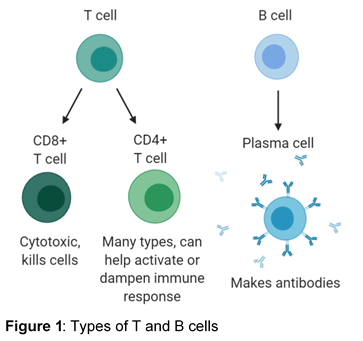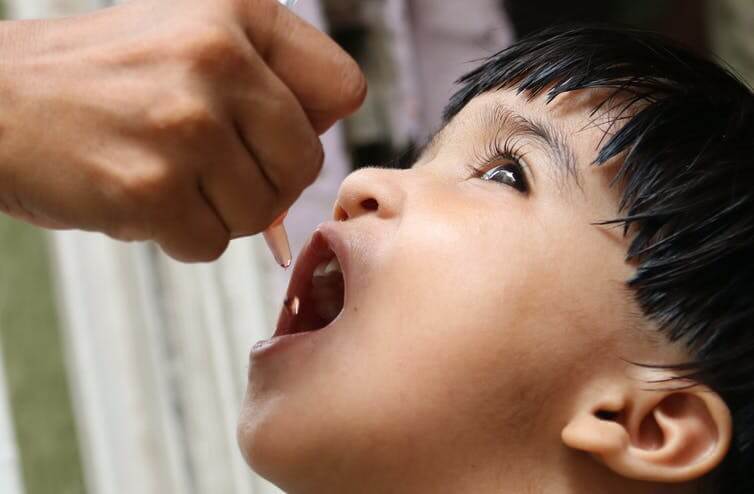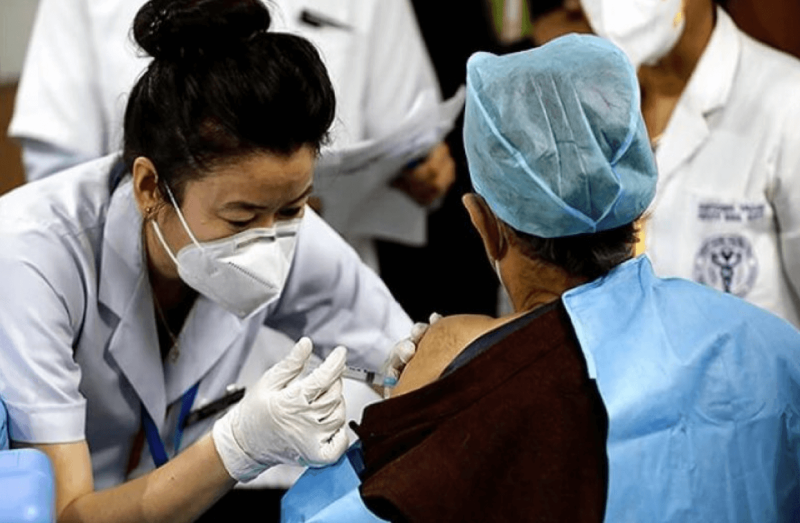Does this mean a vaccine will also fail to protect against the virus? Certainly not. First, it is still unclear how common these reinfections are. More importantly, a fading immune response to natural infection, as seen in the Nevada patient, does not mean we cannot develop a successful, protective vaccine.
Any infection initially activates a non-specific innate immune response, in which white blood cells trigger inflammation. This may be enough to clear the virus. But in more prolonged infections, the adaptive immune system is activated. Here, T and B cells recognise distinct structures (or antigens) derived from the virus. T cells can detect and kill infected cells, while B cells produce antibodies that neutralise the virus.

During a primary infection – that is, the first time a person is infected with a particular virus – this adaptive immune response is delayed. It takes a few days before immune cells that recognise the specific pathogen are activated and expanded to control the infection.
Some of these T and B cells, called memory cells, persist long after the infection is resolved. It is these memory cells that are crucial for long-term protection. In a subsequent infection by the same virus, the memory cells get activated rapidly and induce a robust and specific response to block the infection.
A vaccine mimics this primary infection, providing antigens that prime the adaptive immune system and generating memory cells that can be activated rapidly in the event of a real infection. However, as the antigens in the vaccine are derived from weakened or noninfectious material from the virus, there is little risk of severe infection.
A better immune response
Vaccines have other advantages over natural infections. For one, they can be designed to focus the immune system against specific antigens that elicit better responses.
For instance, the human papillomavirus (HPV) vaccine elicits a stronger immune response than infection by the virus itself. One reason for this is that the vaccine contains high concentrations of a viral coat protein, more than what would occur in a natural infection. This triggers strongly neutralising antibodies, making the vaccine very effective at preventing infection.

The natural immunity against HPV is especially weak, as the virus uses various tactics to evade the host immune system. Many viruses, including HPV, have proteins that block the immune response or simply lie low to avoid detection. Indeed, a vaccine that provides accessible antigens in the absence of these other proteins may allow us to control the response in a way that a natural infection does not.
The immunogenicity of a vaccine – that is, how effective it is at producing an immune response – can also be fine tuned. Agents called adjuvants typically kick-start the immune response and can enhance vaccine immunogenicity.
Alongside this, the dose and route of administration can be controlled to encourage appropriate immune responses in the right places. Traditionally, vaccines are administered by injection into the muscle, even for respiratory viruses such as measles. In this case, the vaccine generates such a strong response that antibodies and immune cells reach the mucosal surfaces in the nose.
However, the success of the oral polio vaccine in reducing infection and transmission of polio has been attributed to a localised immune response in the gut, where poliovirus replicates. Similarly, delivering the coronavirus vaccine directly to the nose may contribute to a stronger mucosal immunity in the nose and lungs, offering protection at the site of entry.

Understanding natural immunity is key
A good vaccine that improves upon natural immunity requires us to first understand our natural immune response to the virus. So far, neutralising antibodies against SARS-CoV-2 have been detected up to four months after infection.
Previous studies have suggested that antibodies against related coronaviruses typically last for a couple of years. However, declining antibody levels do not always translate to weakening immune responses. And more promisingly, a recent study found that memory T cells triggered responses against the coronavirus that causes Sars almost two decades after the people were infected.
Of the roughly 320 vaccines being developed against COVID-19, one that favours a strong T cell response may be the key to long-lasting immunity.
Maitreyi Shivkumar is a Senior Lecturer in Molecular Biology in the Leicester School of Pharmacy at De Montfort University. Her research interests are in understanding host-pathogen interactions, with a focus on virology. Find Maitreyi on Twitter @Lambananas
A version of this article was originally posted at the Conversation and has been reposted here with permission. The Conversation can be found on Twitter @ConversationUS































